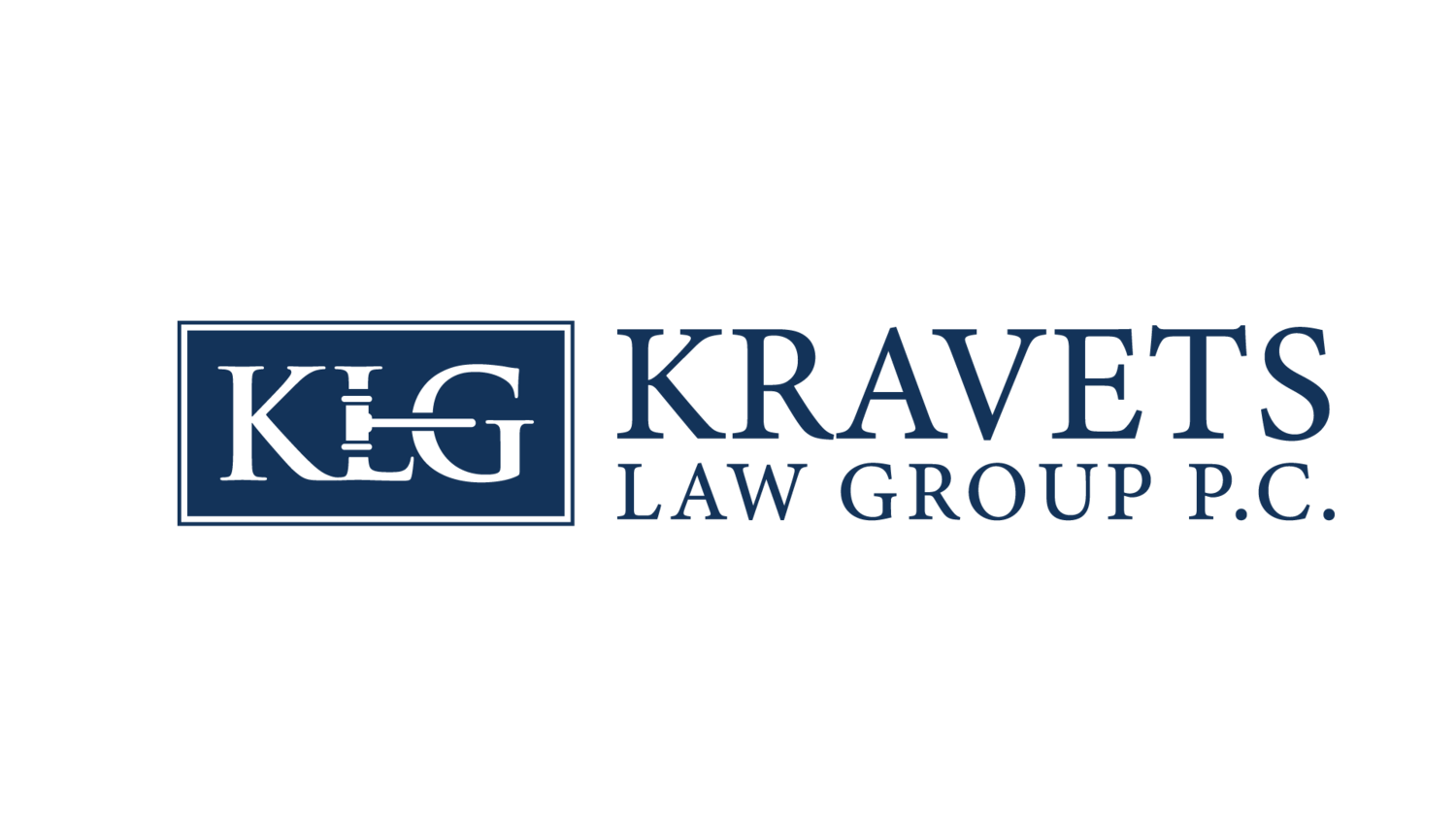The Benefits of Trusts: Understanding Your Options
Estate planning is a crucial aspect of financial management, ensuring the protection and smooth transfer of assets to your loved ones or business partners. In this blog post, we will explore the benefits of trusts and the various options available to you, providing valuable insights into this essential aspect of estate planning.
Protecting Your Assets
One of the significant advantages of trusts is their ability to protect your assets. By placing assets in a trust, you create a legal structure that shields them from potential risks such as creditors, lawsuits, or future divorce settlements. This protection ensures that the intended beneficiaries can enjoy the benefits of the assets without the risk of losing them due to unforeseen circumstances. Furthermore, trusts can provide long-term protection for beneficiaries who may not be financially savvy or need additional support.
Avoiding Probate
Probate is a legal process that can be time-consuming, expensive, and public. Trusts offer an excellent alternative to probate, as they allow for the seamless transfer of assets directly to beneficiaries upon your passing. By bypassing probate, you can save your loved ones from unnecessary delays, legal fees, and the loss of privacy associated with the probate process. This streamlined transfer of assets ensures that your beneficiaries can access and utilize the assets more efficiently.
Customizing Asset Distribution
Trusts provide great flexibility when it comes to distributing assets to your beneficiaries. Whether you are a parent or business owner, you can tailor the trust to meet your specific needs and goals. For example, you can establish specific conditions or requirements for the disbursement of assets, ensuring that your wishes are upheld even after your passing. This flexibility allows you to protect your assets and provide for your loved ones according to your unique circumstances and values.
Ensuring Business Continuity
Entrepreneurs and business owners often have complex estate planning needs, as they must consider the continuity and future success of their businesses. Trusts can play a vital role in this aspect by allowing for the seamless transfer of business assets and decision-making authority. By establishing a trust, you can ensure that your business interests are protected and efficiently managed, safeguarding both your legacy and the livelihood of your employees.
Conclusion
Trusts are a valuable tool in estate planning that provides numerous benefits, regardless of your age or professional background. By leveraging trusts, you can protect your assets, avoid probate, customize asset distribution, and ensure business continuity. To fully understand your options and make informed decisions, it's essential to consult with a knowledgeable trust and estates attorney who can guide you through the process.
Remember, estate planning is a highly personalized endeavor, and it's crucial to seek professional advice tailored to your specific circumstances. By proactively establishing a trust, you can secure your family's future, protect your assets, and leave a lasting legacy. If you’re thinking about creating a trust in Illinois, Pennsylvania, or New Jersey, contact the Kravets Law Group for a consultation.

